Horse's case raises an important question: What would happen if animals could sue us?
A lawsuit by a horse raises questions about animals' place in our world.
It’s hard not to root for Justice the horse.
When rescuers found him in March 2017, the 7-year-old then called Shadow, had been left out with little food all through the bitterly cold Oregon winter and had suffered so much neglect that he was 300 pounds underweight, barely able to walk, with skin scabbed over from lice and infection, according to court documents part of a lawsuit against the former owner. Additionally, his genitals were red, swollen and oozing. When a doctor examined his genitals, they were found to be permanently damaged by frostbite.
A year later, Justice is suing his former owner for neglect.
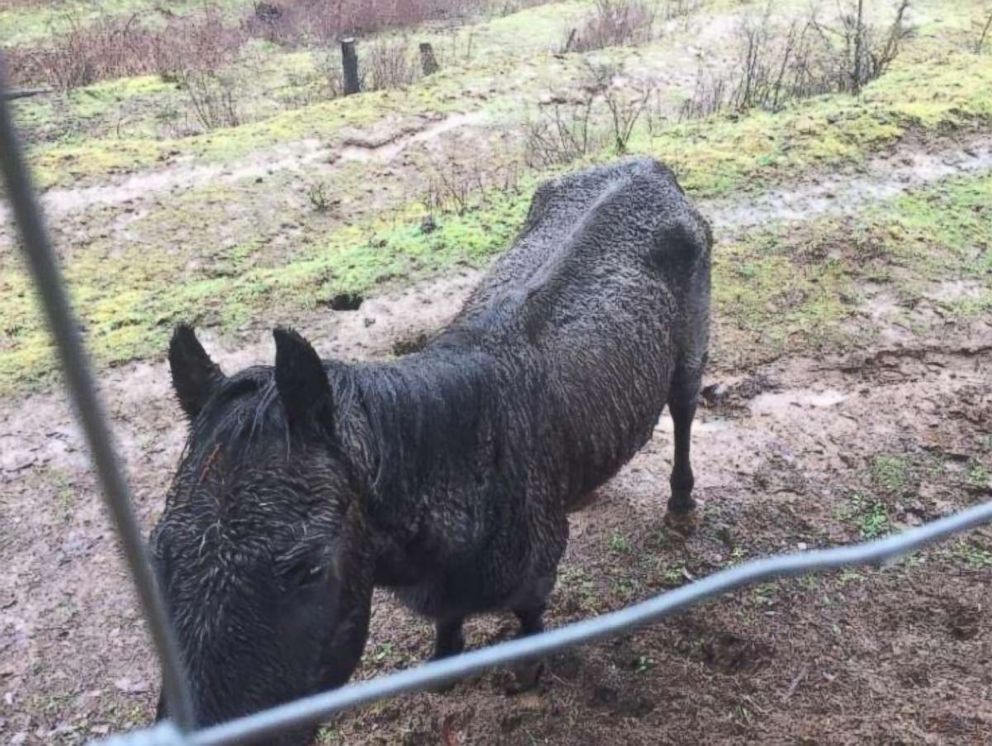
An organization called the Animal Legal Defense Fund has filed a lawsuit against the former owner, Gwendolyn Vercher, in Justice’s name at the Circuit Court of the State of Oregon for the County of Washington, asking for at least $100,000 for veterinary costs as well as "non-economic damages for pain and suffering." The money will be placed in a trust that will be used to look after Justice no matter who takes charge of him.
But behind what appears to be just an eye-catching headline and a poignant story may lie a set of far more consequential questions, the answers to which could upend human society and its relationship to animals.
"If successful, this would be the first case to establish that animals have a right to sue their abusers," Matthew Liebman, director of litigation of the Animal Legal Defense Fund, told ABC News. "And if that becomes precedent it would create the opportunity for animals to seek justice when their rights are violated."
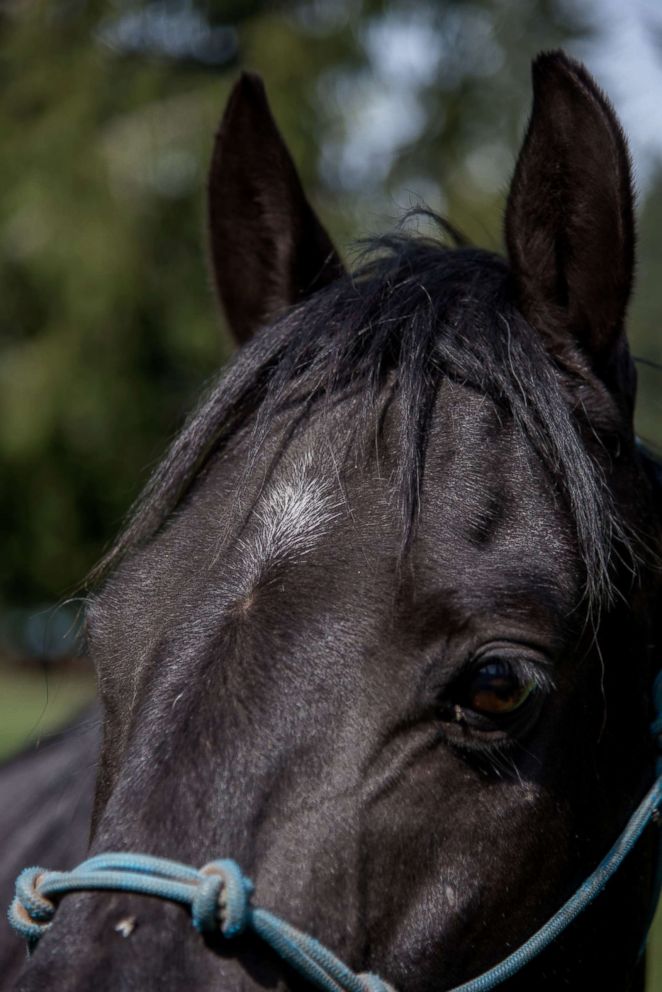
Welfare organizations have been pushing to grant animals legal standing for more than a decade. In 2004, a suit was filed on behalf of the world's whales, dolphins and porpoises to protest the U.S. Navy's use of sonar. In 2012, Tillikum, a killer whale at SeaWorld, was made a plaintiff in a lawsuit that argued that his confinement amounted to slavery. In 2013, four chimpanzees sued their owners to be able to live in a sanctuary. And most famously, in 2015, Naruto, an Indonesian macaque, sued for copyright of a "selfie" taken with a British photographer's camera.
In each case, lawyers and animal rights organizations tried to push against the bounds of the legal definition of animals as "property." And, in each case, the courts quashed them.
But Liebman believes that unlike those cases, Justice's case has a better chance of working because it is much more modest in ambition.
"We're not seeking to establish federal constitutional rights for animals," he said. "We're not saying they should have the right to copyrights. All we're saying is that where the legislature has already created rules for how animals ought to be treated when those rights are violated, animals ought to have the ability to go to court and collect money that goes into a trust to take care of them."
But Richard Cupp, a professor at Pepperdine University Law School, called the suit a "radical approach in sheep’s clothing."
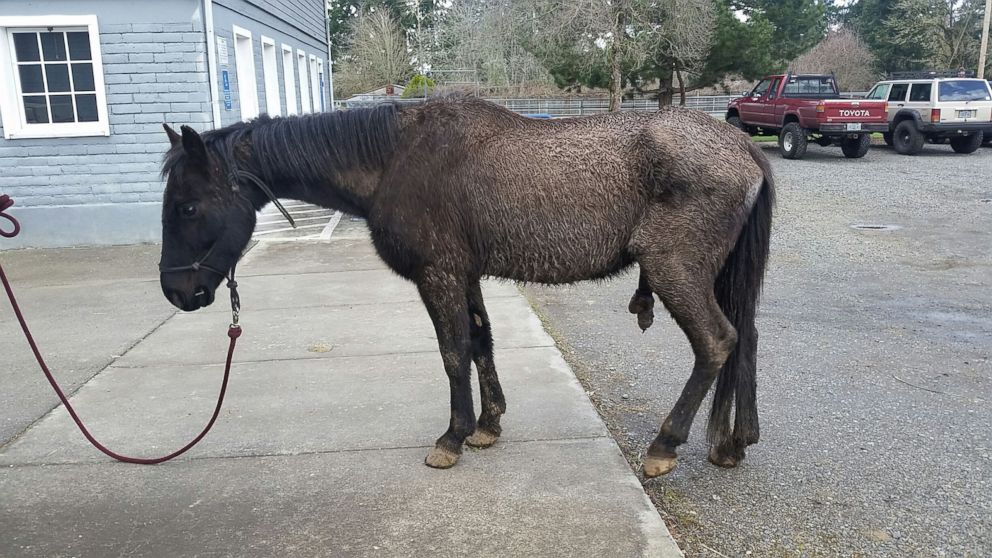
Cupp has been a frequent critic of attempts to grant animals legal personhood and was involved as a critic in the chimpanzee trials, as well. He told ABC News that he believes Justice’s case had potential ramifications that were more extreme than appeared on the surface.
"If this suit were successful, it would be quite intuitive for someone to say, this is effectively legal personhood," Cupp said. "It could really be a radical, unmanageable change for our legal system and maybe even our economic system."
Humankind’s race towards civilization and advancement has always been heavily dependent on the use of animals, and every facet of our relationship with them may now come under question, Cupp added.
"If all of a sudden, cows or chickens became legal persons with the potential to sue if they are abused, it’s not a big step to say as legal persons, they shouldn't be eaten," Cupp said. "If you wanted to eat beef for dinner, I think there'd be a pretty good argument that it was not in the cow’s best interests."
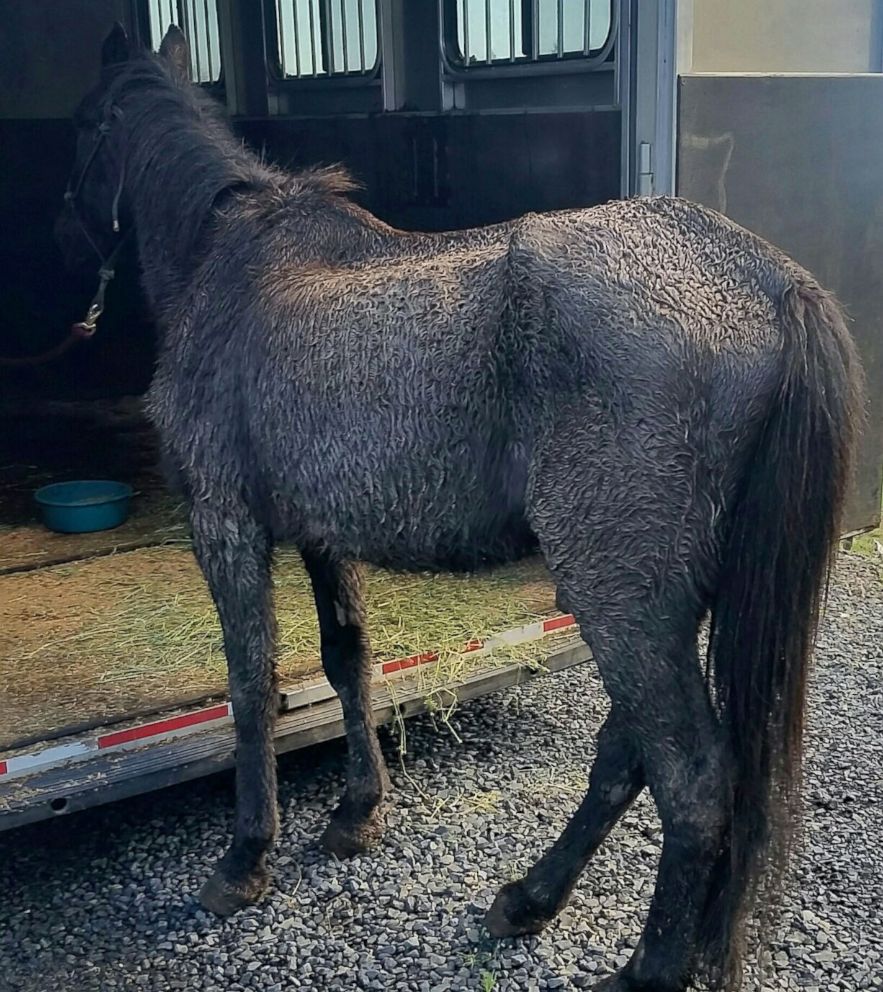
But change, radical or otherwise, is exactly what we need, said Mariann Sullivan, a lecturer in animal law at Columbia Law School.
"Right now, laws exist to prevent cruelty to animals, and yet animals continue to suffer horrifically," Sullivan told ABC News. "There's a terrible disconnect between what the law says and the reality on the ground. So the best thing that could come out of this is that with more lawsuits like these, cases like Justice’s would come to the light and people would understand what’s really happening."
Under U.S. law, if animals suffer at the hands of their owners, the only way their case can be taken to court is if a public prosecutor decides to bring a criminal case over violation of a cruelty law.
"Well, some prosecutors aren't interested in animal cases," Sullivan said. "Some prosecutors just don't have the resources. And most of the time prosecutors don't have any idea of what's going on."
Which is what happened in Justice’s case, she said. His former owner, Vercher, pleaded guilty and was allowed to provide compensation for the suffering the horse endured while in her care, but the medical bills for the rest of Justice’s life, most a direct result of his neglect, were left in the hands of the rescue organization that took him in, according to the lawsuit.
ABC News reached out to Vercher's attorney for comment, and we will update this story when we hear back.
Vercher previously told ABC News that when she put him up for adoption, she fully disclosed his injuries and conditions.
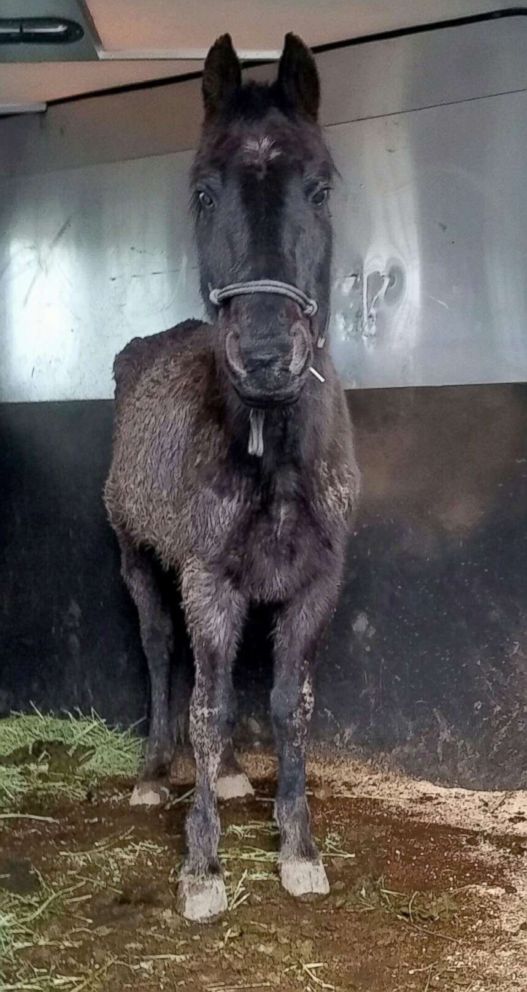
"I took a plea deal," Vercher told ABC News May 2, adding that she paid for the horse's care as part of her plea.
She went on to say, "It's outrageous," after being informed about the lawsuit filed against her.
But if Justice’s suit is successful, Sullivan said, perhaps the burden wouldn’t rest only on the already overworked public prosecutors. It could allow civil lawyers or animal welfare organizations to sue on other animals’ behalf.
Cupp warned that that could clog up America’s legal system with a deluge of cases, where "billions of animals would suddenly become potential plaintiffs."
He said he believed the legal system did indeed need to fix its gaps when it came to animals, but giving them legal personhood may force changes we are not prepared for.
"We can either tear down all the barriers between humans and animals and treat them as morally equivalent or fix them through better legislation and train judges to be thoughtful," he said. "I believe we've got to use our heads as well as our hearts to try to make things better but not to let emotions make us do something that’ll have unforeseen consequences."
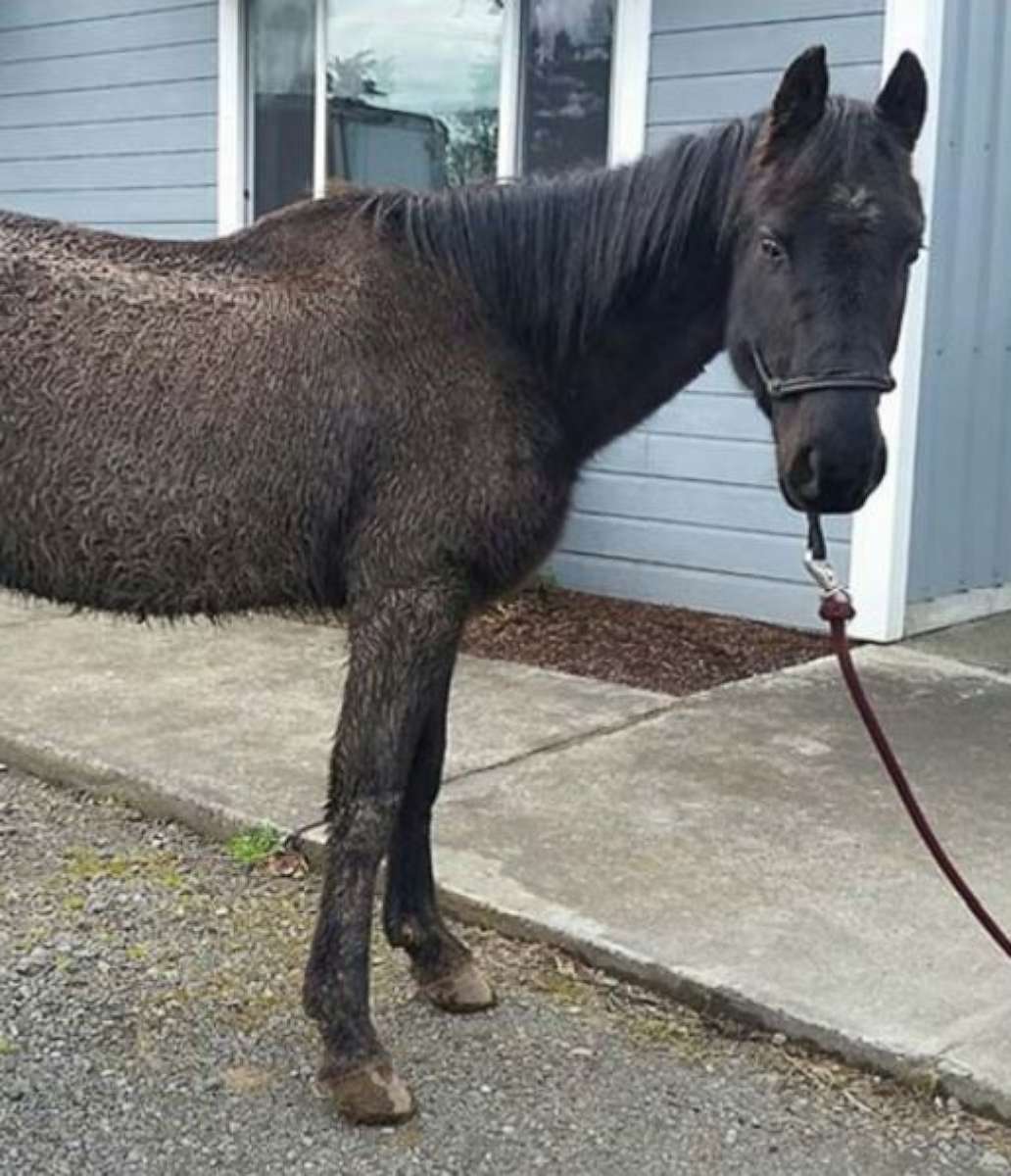
Other legal experts, however, said such fears were usually unfounded, calling it the "slippery slope" argument, which is a small, insignificant change that will begin a chain of events that will result in a much larger change.
"Slippery slope arguments are typically used when defendants don't really have a strong argument in their immediate case at hand," Chris Green, the executive director of Harvard Law School’s Animal Law & Policy Program, told ABC News.
"They usually are just fearmongering. Throughout history, different classes of beings have been prevented from doing something by entrenched interests warning that it would end up bankrupting America, flooding the courts, or leading to social turmoil. These include women being able to vote, Asians being allowed to serve on juries, and people of different races or similar genders being allowed to marry one other. Opponents say that if you allow this social progress, it's going to cause all this other harm down the road. But it very rarely ends up happening."
As for Justice, he now spends his days on a pasture, learning to bond with humans and play with other horses, blissfully unaware of the debate swirling around him. Kim Mosiman, executive director of Sound Equine Options, the rescue organization that has taken him in, said he's called the "happy curmudgeon" because of how much he loves to be scratched by people but also act cranky. Despite some liver damage, and the damage to his genitals, after a good long while, Justice, Mosiman says, is "pretty happy."
This report was featured in the May 2, 2018, episode of ABC News' daily news podcast "Start Here."
"Start Here" is a daily ABC News podcast hosted by Brad Mielke featuring original reporting on stories that are driving the national conversation. Listen for FREE on the ABC News app, Apple Podcasts, TuneIn, Spotify, Stitcher, Google Play Music, iHeartRadio -- or ask Alexa: "Play 'Start Here.'"
Follow @StartHereABC on social for exclusive content, show updates and more: Twitter, Facebook, Instagram.




